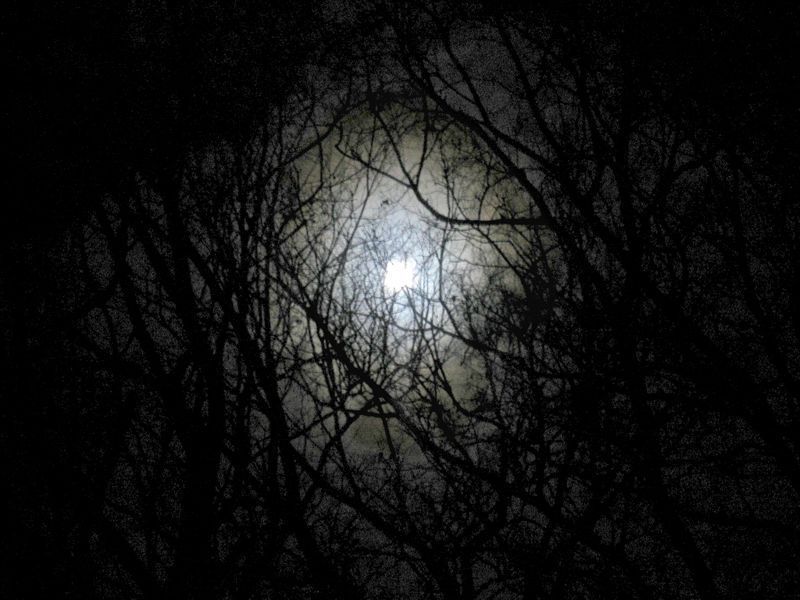Each of these poems has a particular point of view, structure, and image represented throughout each piece. In "We Grow Accustomed to the Dark", the "we" voice involved, hints at the fact that loneliness doesn't only happen to one person, it is a wide spread feeling that nearly everyone endures. However, "Acquainted to the Night" is told through a different point of view, the "I" voice implies an extremely singular and personalized character. It takes on the journey of only one persons gloom and solitude. This shows us only an example of what this feeling can offer, and what it can remind people of when sensing distress along with alienation. Imagery in both of these poems are vivid in their darkness, and descriptions. Emily Dickinson expresses the metaphors that allow us to see through the lows and highs throughout midnights, forest trees and lamps, each representing a new hope or setback in life, " the bravest grope a little-/ and sometimes hit a tree-/ directly in the forehead-/ but as they learn to see". Yet in Robert Frosts poem of grief and sorrow, absolutely no hope is shown and all doubt is expressed in images so crisp an fresh, they are practically drawn upon the page. "But not to call me back or say good-bye; /and further still at an unearthly height, /One luminary clock against the sky". "We Grow Accustomed to the Dark" is structured as five stanzas with dashes at the end of each verse, this makes for more flow. The non-ryming aspect gives the poem a free verse and hope to exit the uncertainty of life. Robert Frost's "Acquainted to the Night" has a very primitive and constant rhyme flow to it. This keeps us within the sense that he will never leave this way of life and live lonely and sad for possibly the rest of his days.
Emily Dickinson expresses that nearly everyone feels these chronic depressions in life and it is up to the individual to "grope" for a hand hold on to light so that one may exit these dreadful thoughts and feelings. "The bravest grope a little-..." Even people of great stature find it hard to cope and find an egress from these dark and heavy impressions. Emily Dickinson explained "Either the Darkness alters-/ Or something in the sight/Adjusts itself to Midnight-/And Life steps almost straight." Meaning, there is a path to exit such loneliness and enter a life more full of positive luminated experiences. All the world should learn this mindset of Dickinson's, that yes it is a dark depressing world out there, but light is always supplied.
Robert Frost expresses deep emotions in very dark metaphors, such as "...I have walked out in rain-and back in rain./I have outwalked the furthest city light." he attempts to out walk his state of mind, however, his depressing condition follows him everywhere. "Proclaimed the time was neither wrong nor right./I have been one acquainted with the night." He is finally accepting what life has put him through and he is making the most of his experiences, right or wrong, for eternity. Frosts message to the world is that life is horribly depressing, and it should be accepted for what it is.
Darkness and night are ominously depicted throughout each poem, symbolizing depression and loneliness. Emily Dickinson proposes to us that there is light and hope at the end of the dark forest, and that we are all in the same boat. Robert Frost leads us in a more darkly monotonous direction with no real way out. He poetically describes his awareness of his thoughts through metaphors and stanzas with intricate descriptions. Time has never really mattered, and he accepts his life for what it puts him through, he is used to the dark depression, which he cannot seem to leave.
